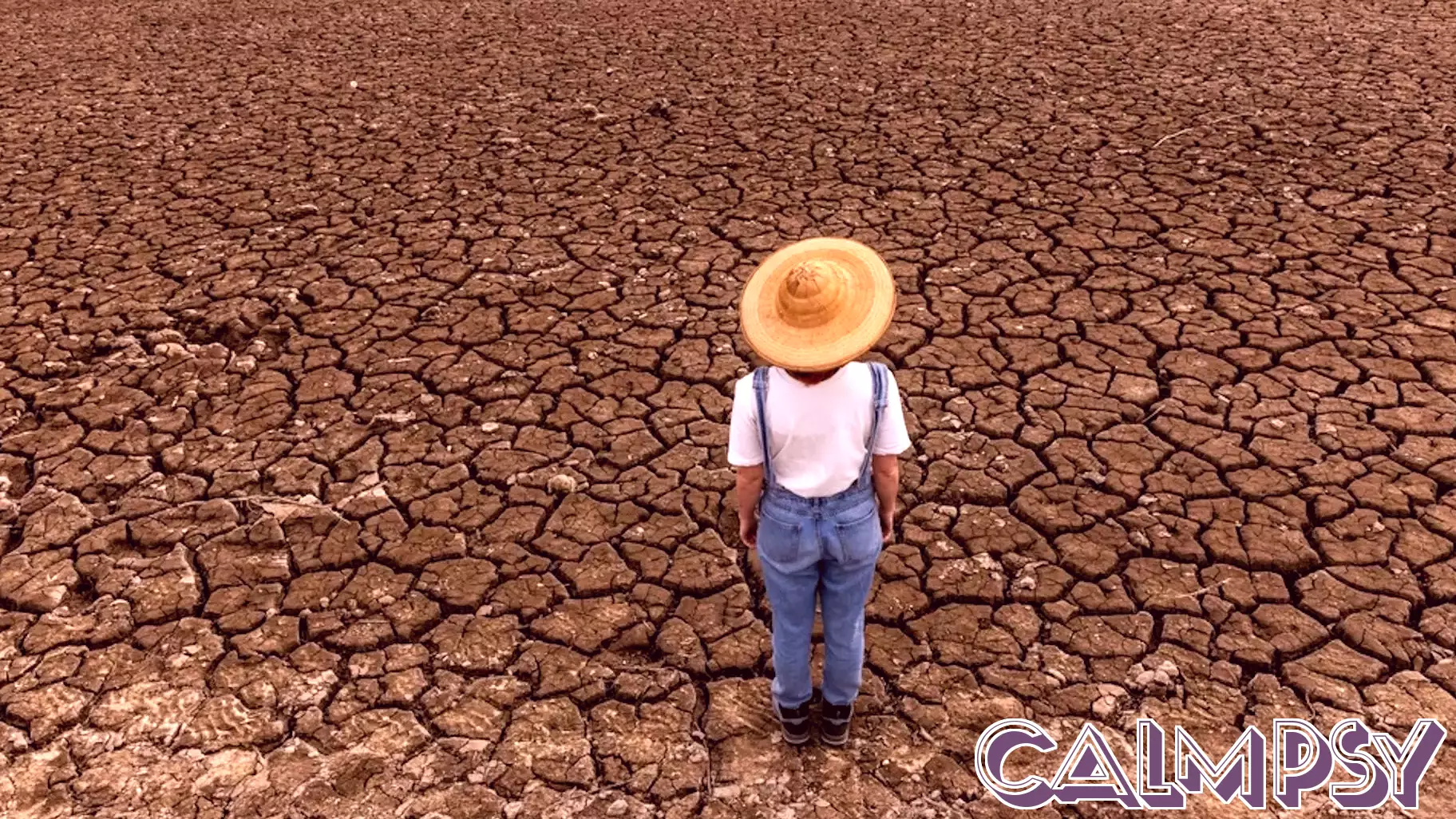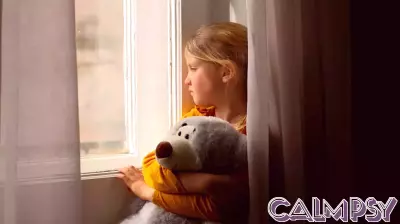Understanding Climate Traps: Navigating Emotional Distress for Better Choices
May 22, 2025 - 02:45

Climate shocks, such as extreme weather events and natural disasters, can trigger significant emotional distress among individuals and communities. This distress often hampers our ability to think long-term, pushing us towards immediate, yet environmentally harmful decisions. When faced with the aftermath of a climate crisis, people may prioritize short-term recovery over sustainable practices, leading to choices that exacerbate the very issues they are trying to escape.
To break free from these so-called "climate traps," it is essential to foster resilience and promote mental well-being in the face of environmental challenges. Encouraging communities to engage in collective action can help alleviate feelings of helplessness and despair. By creating supportive networks, individuals can share resources and strategies for coping with climate-related stressors.
Moreover, integrating climate education into community programs can empower citizens to make informed, sustainable choices. By understanding the long-term implications of their actions, individuals can resist the urge to succumb to immediate pressures and work towards a more sustainable future.
MORE NEWS

March 4, 2026 - 04:57
Childhood Empathy Taught Psychology Grad Student to See the Best in OthersAfter a successful career, Mandy Peterson made the significant decision to return to academia in Northern California to complete her psychology degree. Now a dedicated master’s student, she is...

March 3, 2026 - 14:43
Frontiers | Forms of support giving and receiving, and their associations with self-rated health and general self-efficacy among older adults in SwitzerlandA new study focusing on older adults in Switzerland reveals a significant connection between the exchange of social support and key indicators of well-being. The research specifically examined how...

March 2, 2026 - 19:16
Mother-Daughter Make History at Rutgers’ Psychology SchoolA remarkable family milestone has been reached at Rutgers University, where Inez Phillips Durham and her daughter, Jennifer, have become the first mother-daughter duo to each earn a doctorate from...

March 2, 2026 - 02:07
The Invisible Wall: How Childhood Disappointment Shapes Adult FriendshipsSome individuals navigate social circles with ease, yet maintain a palpable distance even within their closest friendships. This pattern, psychologists suggest, often stems from a childhood spent...